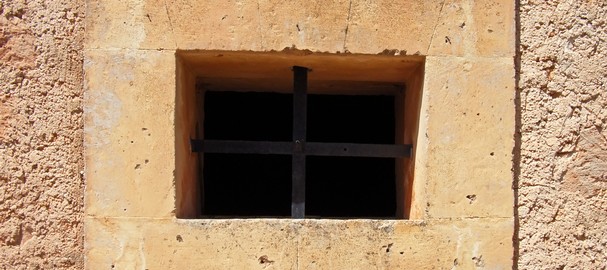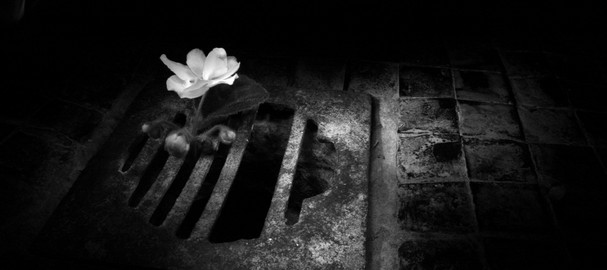The real prisoner is someone whose heart is imprisoned from his Lord; the true captive is someone captured by his passions.
—Ibn Taymiyyah [d. 728AH]
(Al-hadiyyah fi Mawaith Al-Imam Ibn Taymiyyah, pg. 21)
(Read on pg 58, Ibn Qayyim al-Jawziyya, The Invocation of God. The Islamic Texts Society. UK:2000 .)
إن في الدنيا جنة من لم يدخلها لم يدخل جنة الآخـــرة
Truly , there is a Heaven in this world, [and] whoever does not enter it, will not enter the Heaven of the next world.
— Ibn Taymiyya [d. 728AH]
(Read on pg 57, Ibn Qayyim al-Jawziyya, The Invocation of God. The Islamic Texts Society. UK:2000 .)
To love Allah, to know Him intimately, to remember Him constantly, to find peace and rest in Him, to make Him alone the [ultimate] object of love, fear, hope and trust; to base one’s act on His control of His servants’ cares, aspirations and will- such is this world’s Heaven, and such is a Blessing with which no other Blessing can compare. It is by this that the hearts of those who love God are gladdened and that the gnostics find life. As their hearts are gladdened by Allah, so others are gladdened by them. For whoever finds his source of gladness in God, gladdens all hearts; whoever does not, finds nothing in this world but restlessness.
— Ibn Qayyim al-Jawziyya
(Read on pg 59, Ibn Qayyim al-Jawziyya, The Invocation of God. The Islamic Texts Society. UK:2000 .)
What secures them [Blessings] is gratitude [shukr], based on three supports: inward recognition of the blessing; outward mention and thanks for it; and its use in a way that pleases the One to whom it truly belongs and who truly bestows it.
—Ibn al-Qayyim [d. 751H/1350CE]
(Read on pg 1, Ibn Qayyim al-Jawziyya, The Invocation of God. The Islamic Texts Society. UK:2000 .)
‘Umar b. ‘Abd al-‘Azīz [d. 101H/719CE] used to gather a group of theologians every evening, who would discuss with him matters related to death, the Judgment Day, and the Hereafter. As a result, they used to cry so much as if they were in a funeral crying over a dead man.
—Related by Fayyad b. Mohammad on the authority of Ata’a
I have heard Al-Qadah mentioning that whenever death is mentioned in front of ‘Umar b. ‘Abd al-‘Azīz he used to shudder just like a bird. He also used to cry so deeply until his tears would run down his beard.
—’Abdullah b. Az-Zubair
(Read on pg 245, Al-Hafiz Jamaludeen Abi Al-Faraj and Abd Ar-Rahman bin Al-Jawzi and Al-Qurashi and Al-Baghdadi, The Biography and virtues of Omar bin Abd Al-Aziz The Ascetic Caliph. Dar Al-Kotob Al-ilmiyah. Beirut:2001 .)




